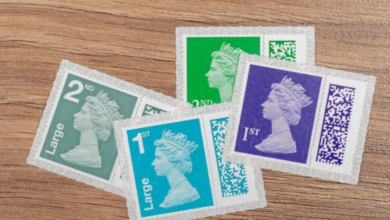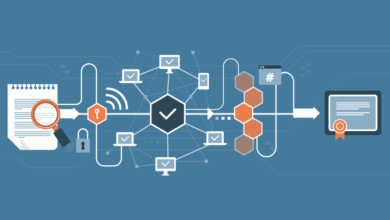Digital Nomads: 4 Things to Know Before You Go

There’s no denying that digital nomadism is on the rise, with more and more people abandoning their routine lifestyles and deciding on a new take on life.
To be sure, digital nomadism can be exciting and novel, but it’s definitely not for everyone.
For one thing, you’ll need to have some savings for anything that might go wrong and to cover up for lack of jobs, unforeseen upfront payments, taxes, etc.
Speaking of taxes, another essential tool in your nomadic arsenal is the ability to understand, fill out, and efile a tax return for whichever country you reside in. This can get even more complicated if you are considered a residence of more than one country.
That’s why it’s essential to be well prepared and also well aware of what might come to pass. Being equipped with some foreknowledge and useful skills is, therefore, the prerequisite for all digital nomad wannabes.
Let’s take a look at the essentials.
Learn Soft Skills
Certain soft skills are absolutely unavoidable for digital nomads, especially because they will be encountering people from different cultures and applying for a variety of jobs against steady competition.
Hard skills are, for many people, the starting point, and there’s no denying they are important, especially if your role is highly specific. As a rule, they are usually obtained in traditional educational institutions (universities, colleges, etc.).
The majority of hard skills fall under one of the following categories (but if you possess other ones, it can’t hurt!):
- Creative skills (unlike creative soft skills, creative hard skills are linked to specific software bound to evolve over time)
- Analysis and research (successful data extraction and interpretation)
- People-oriented skills (psychology, human resources, etc.)
- professional services (detailed knowledge linked to the target specialization)
In addition to hard skills, it is crucial for digital nomads to learn soft skills as well, notably:
- Work ethics
- Teamwork
- Communication
- Reliability
- Adaptability
- Problem-solving
- Creative thinking
Last but not least, digital nomads simply have to be resourceful and open-minded because they are likely to encounter a myriad of unfamiliar situations. Some things can be learned on the go, while others can be premeditated.
For example, make sure to look up alternative payment solutions before you start traveling. Debit and credit cards are known for being expensive as U.S. banks charge fees of up to 6% for payments abroad.
Mobile banking is one solution; e-wallets — another one. There are also plenty of services intended specifically for remote workers, freelancers, and digital nomads, so look them all up before you go!
Consider Sustainability in Other Countries
Many countries put a large focus on sustainability, so it is advisable to familiarize yourself with the basics before you go. If you decide to rent an EV, for example, you’ll need to know about battery maintenance, where to charge it, and so on and so forth.
Be Prepared for Tax Changes
You’ll need to learn many things about taxes, but some can actually save you money, especially if you consider renouncing your citizenship.
State taxes apply to all U.S. residents no matter where they live. There are, of course, ways to lower the taxes, including the Streamlined Filing Procedures (SFP), The Foreign Tax Credit (FTC), The Foreign Earned Income Exclusion (FEIE), and tax treaties.
Note that you should compare your options because you’ll be able to pick just one and sometimes you’ll qualify for more than one.
Taxes can be hefty, especially if you don’t have a stable client base and are depending on occasional payments for a living, so don’t take them lightly!
Think About Side Hustles
On that note, many digital nomads supplement their main source of income with various side hustles. Some even consider starting an online business for additional revenue, such as selling on Amazon, dropshipping, etc.
One notable benefit of starting a business (notably, a sole proprietorship if you’re on a tight budget) is that it will help you establish a base in a cost-efficient country with beneficial tax rates while you’ll still be able to travel and work elsewhere as a tourist.
Of course, different countries apply different taxation rules, so do your research before deciding on one option straightaway.
Last But Not Least
Digital nomadism is a life of adventure, but there are also many costs to consider. From state taxes to local taxes to housing to establishing a business to grocery shopping, literally, everything costs money.
While you may be relocating to a more cost-efficient country, that still isn’t to say there won’t be hidden costs you haven’t anticipated.
It is highly recommended to not only perform proper research before setting out, but to also get in contact with the local expat community as these people are able to provide plenty of insights and invaluable advice on all things expat.
Overall, keep a stash of money on you and keep learning!





